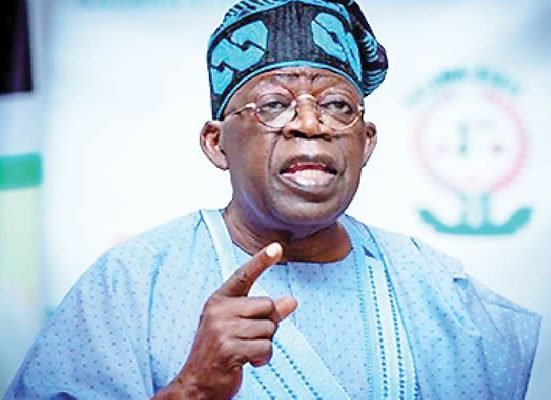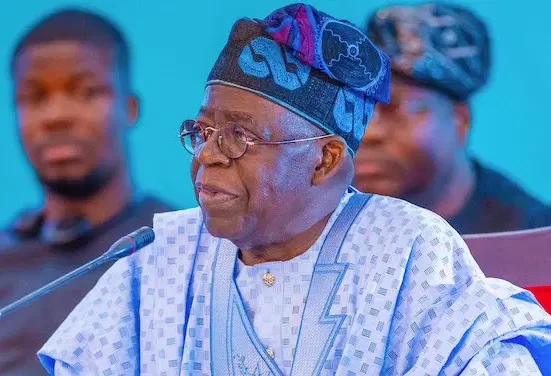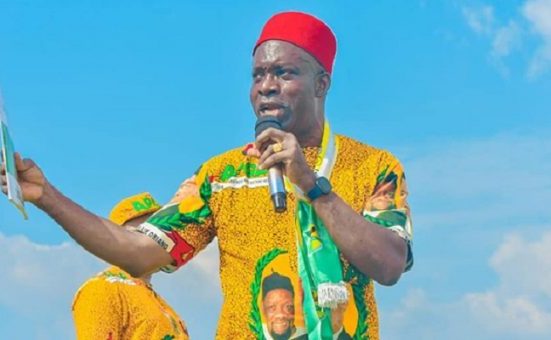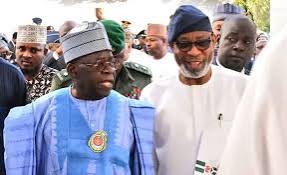The Nigerian Diaspora Network UK organized an ambitious investment summit yesterday at the prestigious Royal Institute of International Affairs in London, bringing together business leaders, government officials, and diaspora professionals determined to reshape Nigeria’s economic landscape.
The high-profile gathering, themed “Bridging Worlds: Diaspora Investment as Catalyst for Nigerian Economic Renaissance,” attracted over 300 participants, including potential investors seeking opportunities in Africa’s largest economy despite current macroeconomic challenges.
KIIN360 investigations revealed that the summit was strategically organized following recent policy reforms by Nigeria’s economic management team, particularly those aimed at streamlining investment procedures and addressing foreign exchange concerns that have historically deterred diaspora investments.
Dr. Olufemi Adewale, Chairperson of Nigerian Diaspora Network UK, emphasized the untapped potential represented by the estimated £4.5 billion annual remittance flow from UK-based Nigerians alone. “What we’re witnessing today transcends traditional remittances. We’re facilitating structured investments into critical sectors including agriculture, renewable energy, technology, and healthcare infrastructure,” he stated during his opening address.
The Nigerian High Commissioner to the United Kingdom, Ambassador Sarafa Tunji Isola, who participated virtually, underscored the government’s commitment to diaspora engagement: “The administration recognizes diaspora Nigerians not merely as remittance sources but as critical knowledge and capital partners in our development agenda. Recent policy adjustments reflect this priority.”
Investment panels featured detailed presentations on opportunities across Nigeria’s six geopolitical zones, with particular emphasis on the technology ecosystem, agricultural value chain enhancement, and renewable energy projects. Financial experts presented models for risk mitigation specifically designed for diaspora investors navigating Nigeria’s complex business environment.
Several memoranda of understanding were signed during the event, including a significant £25 million commitment toward establishing technology innovation hubs across three Nigerian universities, spearheaded by a consortium of UK-based Nigerian technology entrepreneurs.
Professor Charles Soludo, former Central Bank Governor who delivered the keynote address, provided historical context on diaspora contributions to national development: “Nations that have successfully leveraged diaspora resources—including China, India, and Israel—demonstrate that beyond financial capital, the knowledge transfer, international networks, and innovative approaches diaspora professionals bring constitute invaluable development assets.”
The summit addressed persistent challenges through practical workshops covering investment security, regulatory navigation, and partnership frameworks. Legal experts offered guidance on intellectual property protection and contract enforcement mechanisms available to diaspora investors.
Mrs. Abimbola Johnson, a second-generation Nigerian entrepreneur based in Manchester, shared her experience establishing agricultural processing facilities in Oyo State: “The landscape has evolved significantly. While challenges persist, structured support networks and improved regulatory frameworks have substantially enhanced investment viability compared to five years ago.”
The organizers announced plans to establish permanent investment facilitation offices in London, Manchester, and Birmingham to provide ongoing support to potential investors beyond the summit.
As Nigeria continues navigating economic recovery efforts, this diaspora initiative represents a promising approach to capital mobilization outside traditional international funding sources, potentially creating a sustainable investment pipeline fueled by cultural connection and developmental patriotism.
Politics
Diaspora Nigeria Chart Path To Economic Growth At Landmark UK Investment Summit In a significant move to harness Nigeria’s global economic potential
- by Adeola Abiola
- April 6, 2025
- 0 Comments
- 2 minutes read
- 192 Views
- 6 months ago







